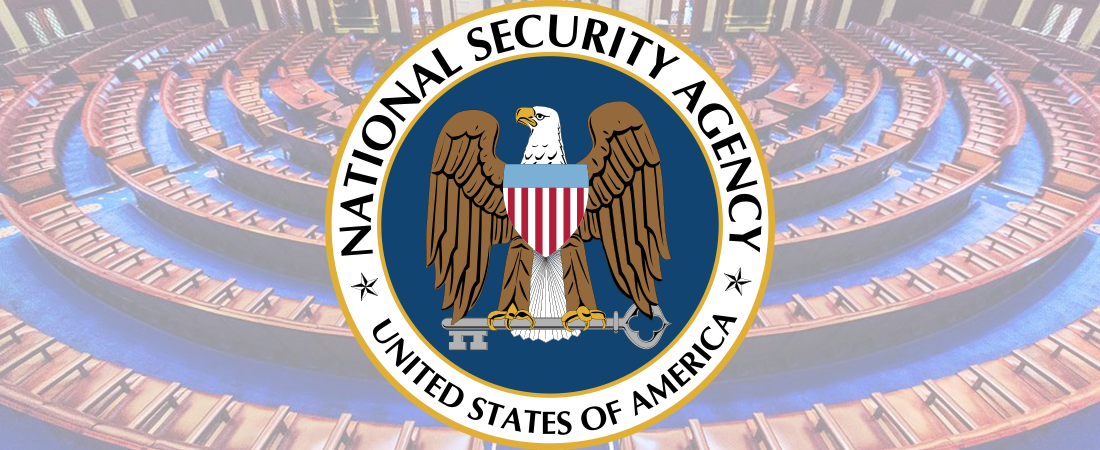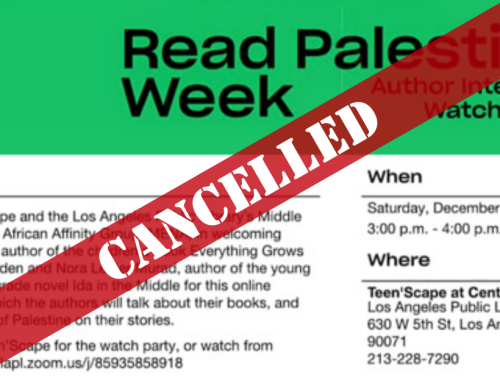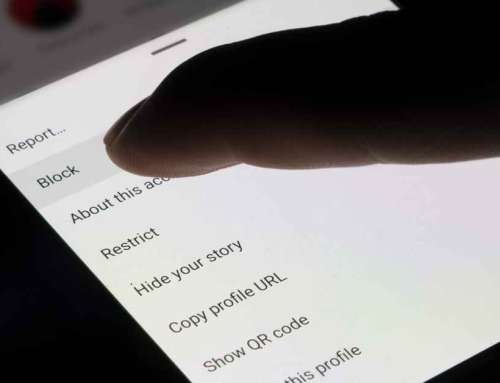The National Coalition Against Censorship has joined with the American Civil Liberties Union (ACLU) and 38 other civil liberties organizations to urge the House Judiciary Committee to hold hearings over the reauthorization of Section 215 and other provisions of the Patriot Act, and to allow the public access to information crucial to an informed debate. Section 215 is set to expire on December 15, 2019.
The coalition has sent an official letter to the Committee, pressing for Congress to investigate whether the government has exceeded the limits of what is allowed by Section 215 of the Patriot Act.
From the Washington Post:
In 2015, Congress passed the USA Freedom Act to ensure, among other things, that Section 215 would not be deployed to collect large amounts of data on Americans’ email, phone or other records. It also imposed new limits on two other key national security collection authorities.
The law passed in the wake of controversy over the disclosure by former National Security Agency contractor Edward Snowden that under Section 215, the NSA was collecting millions of “call detail records” daily from major telecommunications providers that the agency could sift through for clues to potential terrorist threats.
Its replacement program, authorized by the USA Freedom Act, involved the U.S. government obtaining records from phone service providers with a court order. The law enabled the agency to collect records of people up to two hops removed from the target. The metadata recorded who called or texted whom, when and for how long, but not what was said.
(Civil liberties groups urge Judiciary Committee to press NSA on surveillance programs, by Ellen Nakashima, March 18, 2019)
The letter calls on the House Judiciary Committee to end the NSA call record program and consider “what additional measures are needed to protect individuals’ rights from abuses under the Patriot Act and other surveillance authorities. These important issues should not be debated in the dark.”
The coalition has asked the Committee to make public information regarding discrimination, First Amendment protections, bulk and large scale collection, notice and criminal use, the efficacy of Section 215 call detail record collection under the Patriot Act, disclosure of FISA court opinions, interpretation of the Supreme Court’s Carpenter decision, and reforms to Section 702 of FISA.
Read the full letter below and here. Click here for a full screen view:







